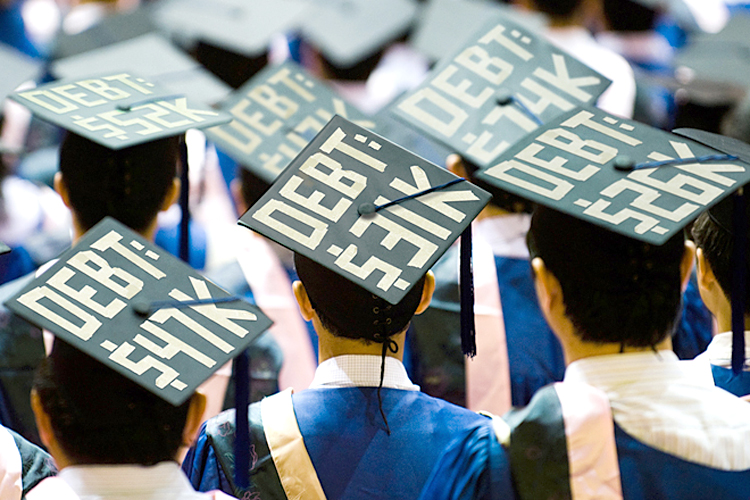The economy affects so many companies and individuals in different ways. In recent times, the economy has been experiencing a number of difficulties from the national debt to median household income.
The impact of the economy on college students
The education has also been affected, including college students who have greatly suffered because of budget cutbacks as well as book and tuition increases. On the other hand, many colleges have decreased various amenities since they’ve become short on funds. Therefore, students who’d like to earn some rewards for regular spending on things such as books, movies, and dining out are often forced to apply for student credit cards.
College students are already facing a diverse range of challenges. For instance, commuter students who aren’t residents of college campuses must travel from their homes to school and vice versa almost every day. To make things even more demanding, those students have a lot of responsibilities out of the school, such as work, family, and home interests. This is why they hardly spend their additional time on some fun things with their fellows. The economic difficulties are just another heavy burden for those young people.
The impact of student loan debt on economy
What about student loan debt? Does it hurt the economy? Student loan debt has experienced a big increase in the recent years. It has risen to a record of shocking 1.4 trillion dollars. Given the facts mentioned above, this debt load shouldn’t come as a surprise.
There are many stories about how student loan debt keeps millennials from purchasing cars or houses, thus affecting the economy indirectly. Those stories are coming from sources like Bloomberg, Business Insider, and Time, just to name a few. While it’s true that some millennials can’t buy homes because they must pay off student loans, the rumors that associate economy difficulties with student loan debt are misguided and completely false.
When it comes to loan borrowers who are buying homes, it’s pretty clear how student loan debt brings about delays. First of all, it’s very difficult to save up for a down payment on a new home while repaying a loan. You should also keep in mind that the loan payment significantly cut the disposable income for a mortgage payment.
The same holds true for student loans. For the millennial generation, it’s a daunting challenge to afford a house, even a lower-priced one, with a student loan debt. When a college student borrows money to fund educational expenses (for books, food, tuition, rent, and so on), it notably increases his/her spending.
So, it is often necessary to first save money before lending money. The process gets reversed when former students should later repay student loans. While the lenders are now collect payments, the borrowers have less to spend so that they can raise spendings by exactly the same amounts.
Conclusion
What can we conclude? Yes, economy definitely has an effect on college students. As for the slower economic growth, we can state that student loan debt isn’t guilty by any means. If there is any effect on the national economy, it’s a positive one.
